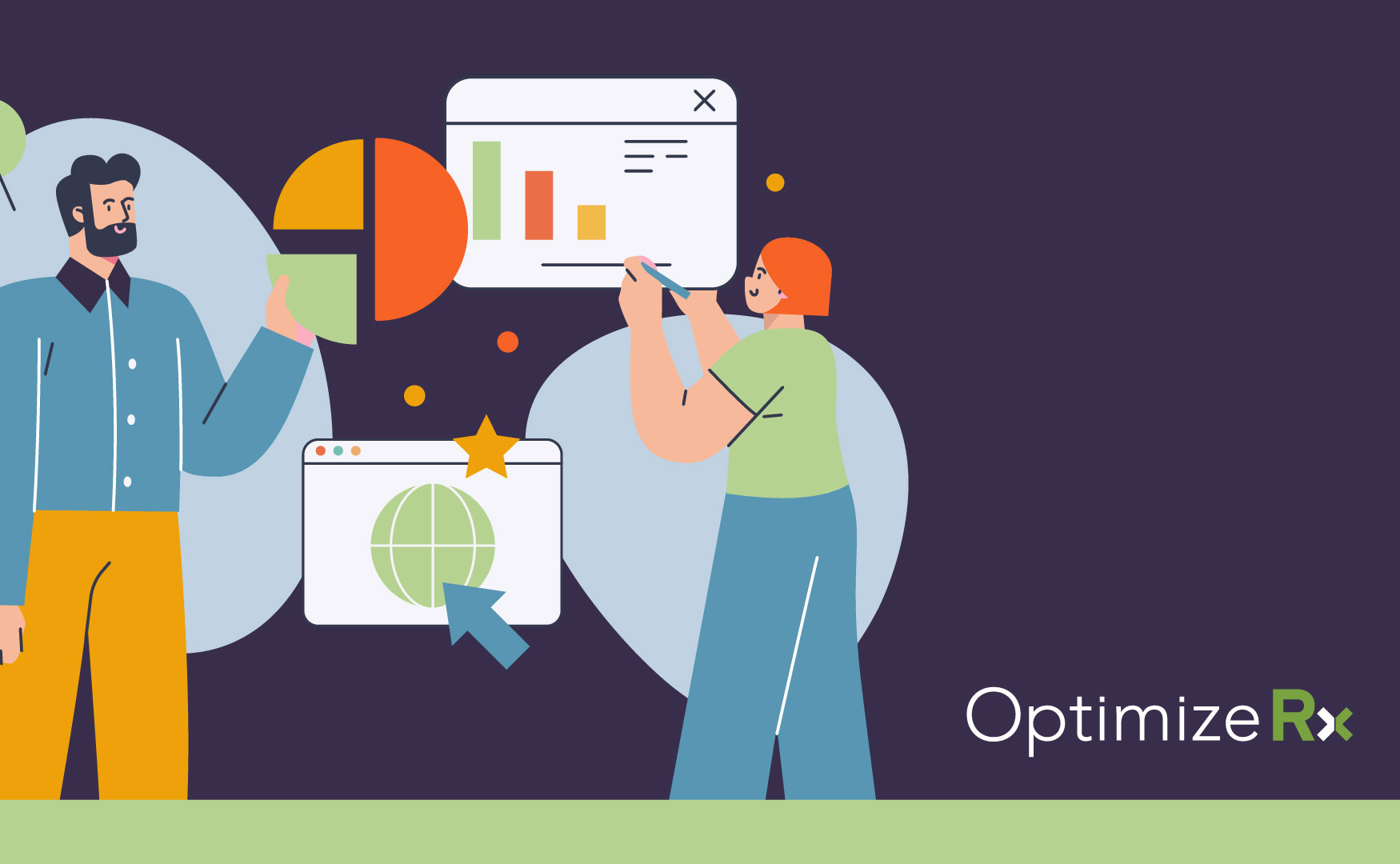OptimizeRx Blogs

Advancing Omnichannel: Pharma USA Marketing Workshop Takeaways
Advancing Omnichannel Pharma Marketing: Reduce Complexity, Leverage AI, and Drive Results
At last week’s Pharma USA conference, we had the chance to lead an interactive...
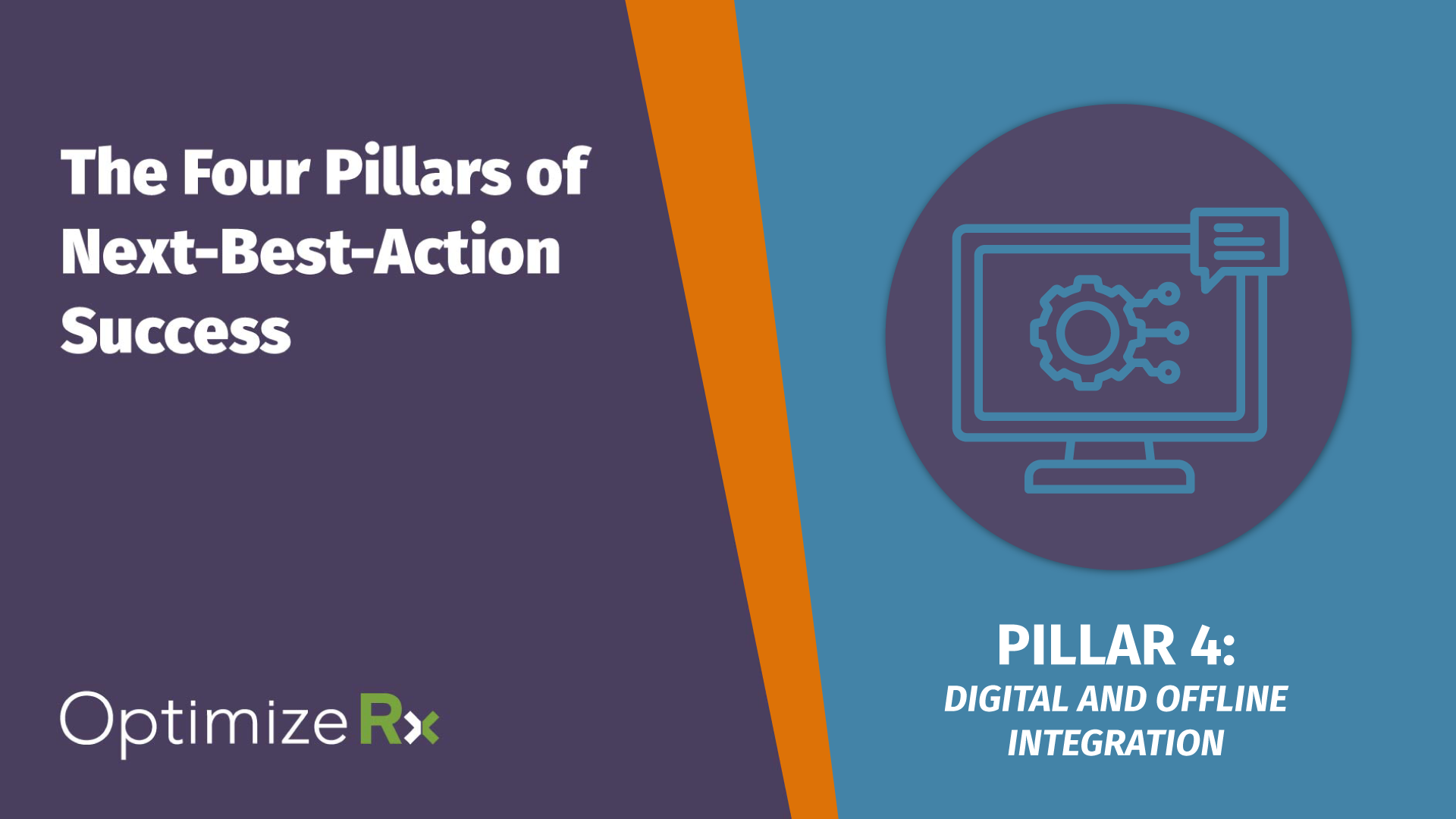
The Final Pillar of Next-Best-Action: Digital & Offline Coordination
We are excited to conclude our series on the Four Pillars of Next-Best-Action Success! So far, we have explored Omnichannel Integration, Patient-First Data and Message...
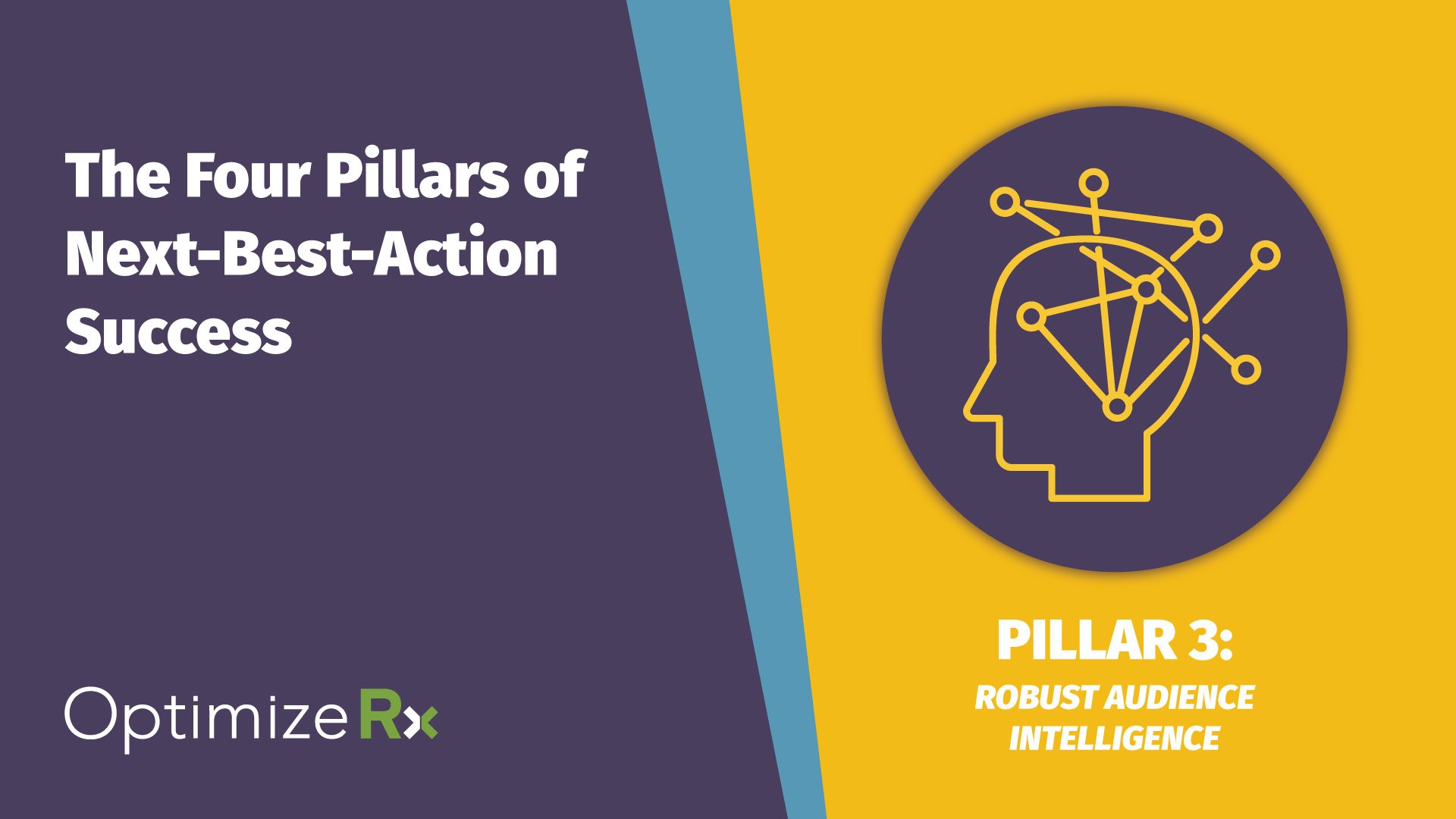
The Third Pillar of Next-Best Action: Robust Patient and NPI Targeting
In the first two installments of our series on the Four Pillars of Next-Best-Action Success, we explored Omnichannel Integration and Patient-First Data and Message Delivery....
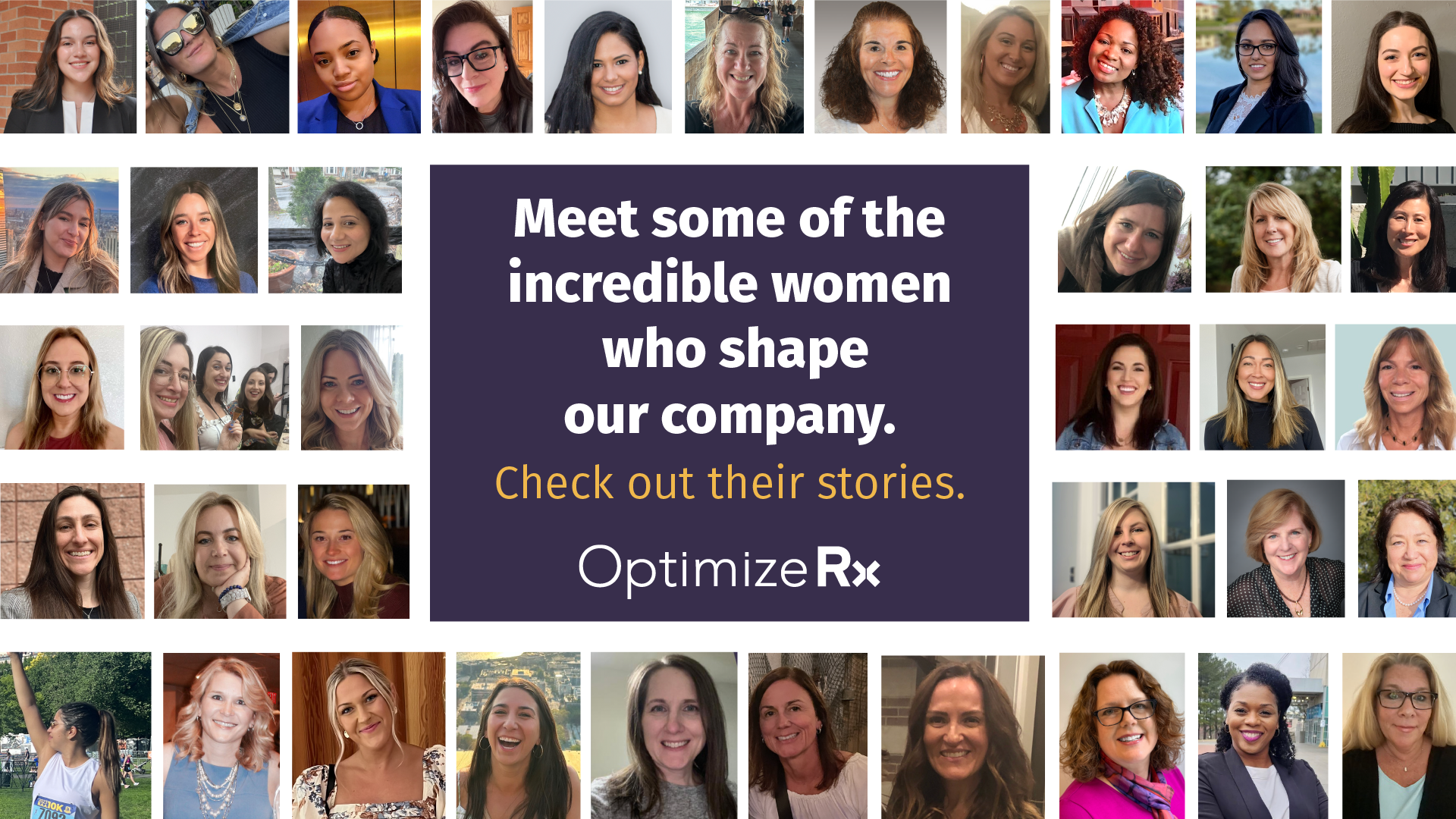
International Women's Day: Celebrating Strength, Resilience, and Achievements
In recognition of International Women’s Day, and the 2024 theme of “Inspiring Inclusion”, we interviewed a dynamic group of women from across our company.
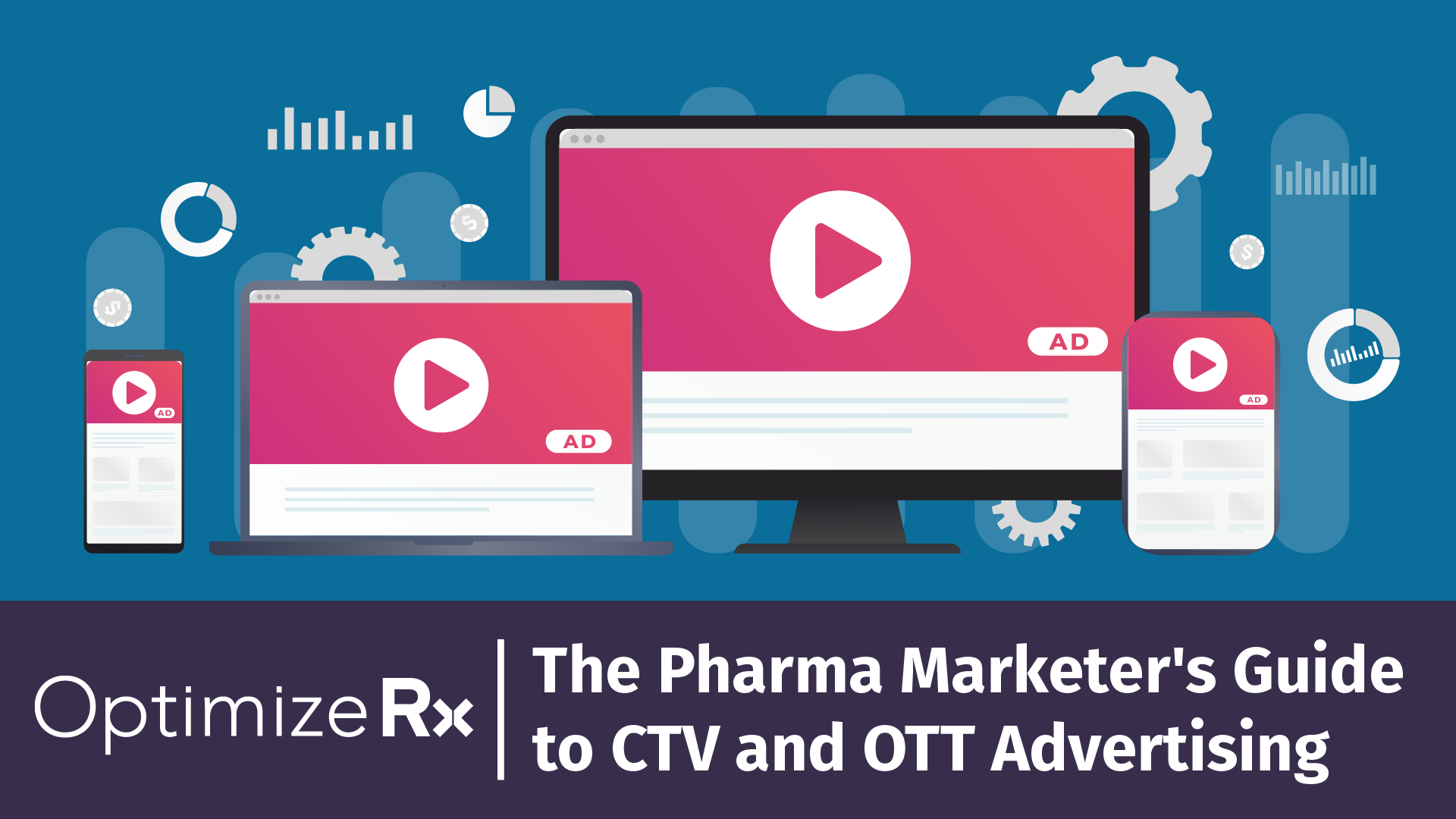
The Pharma Marketer's Guide to CTV and OTT Advertising
Leveraging CTV and OTT for Better Healthcare Advertising
It’s safe to say that the shift towards digital hasn’t just transformed how we consume media; it's reshaped how we...
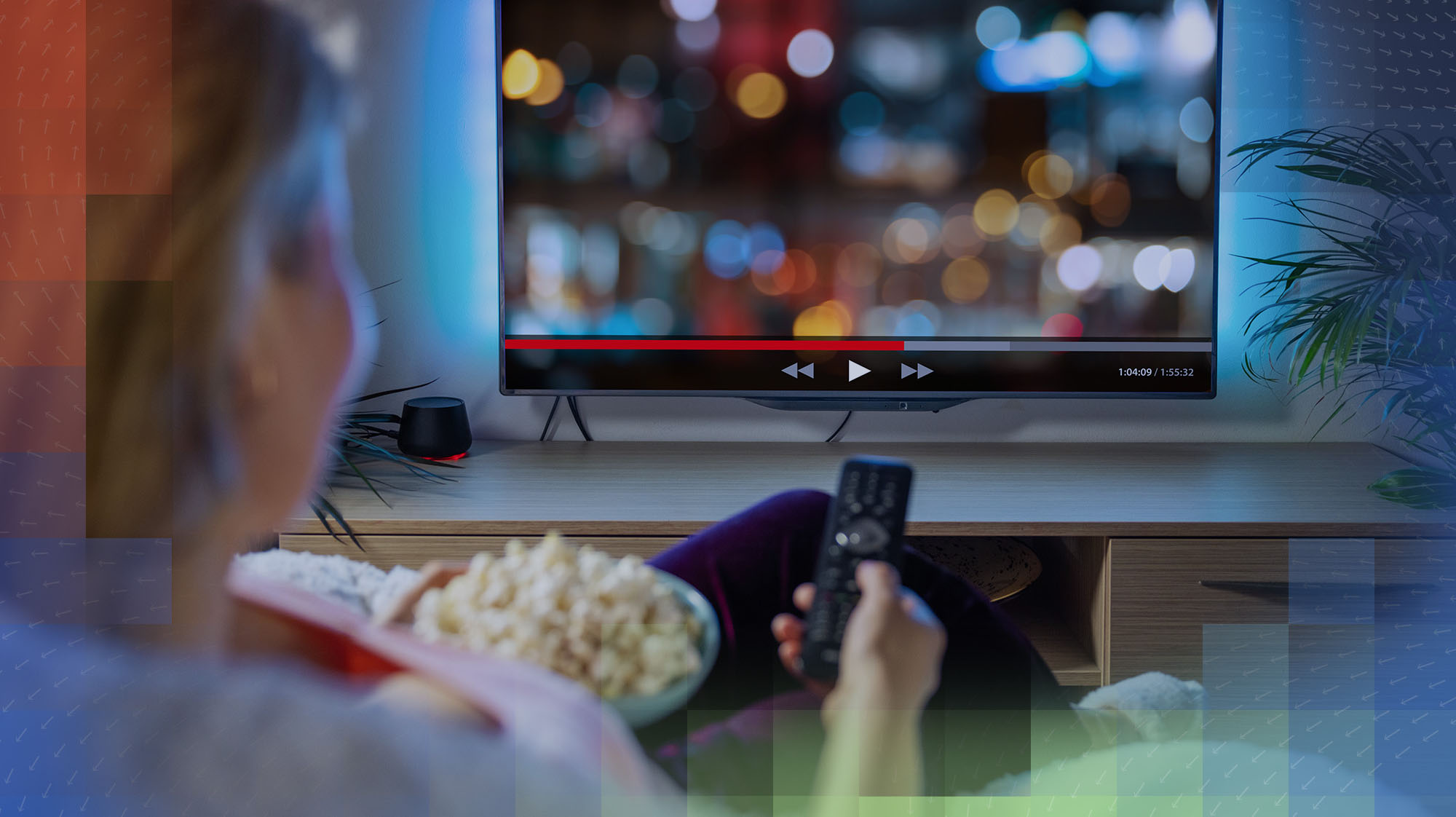
Using OTT to Transform Healthcare Advertising
By Stacey Levas & Drew Teller
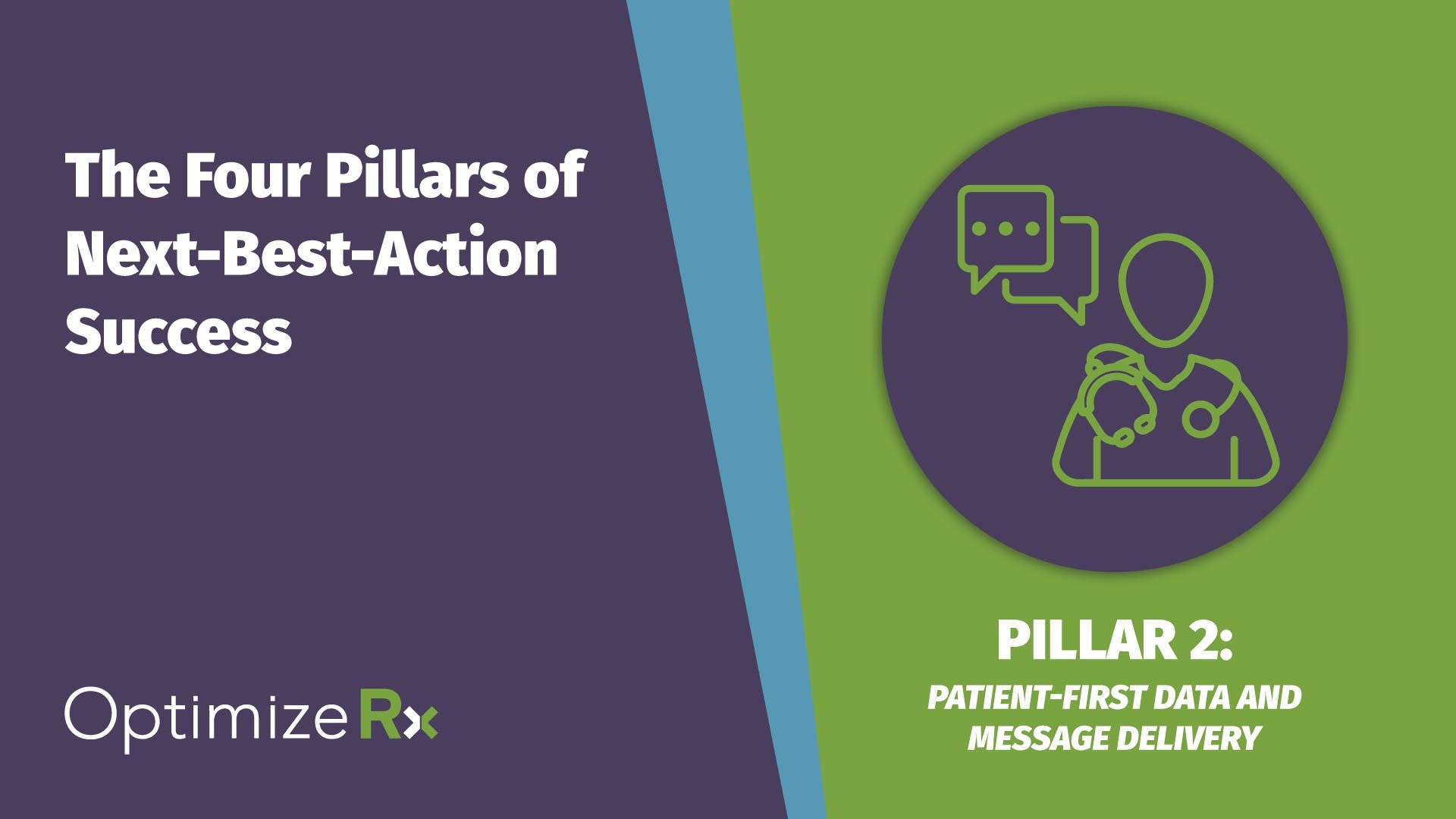
The Second Pillar of Next-Best Action: Aligning to the Patient Journey
In the first installment of our series on the Four Pillars of Next-Best-Action Success, we explored Pillar 1: Omnichannel Integration, and the importance of reaching...
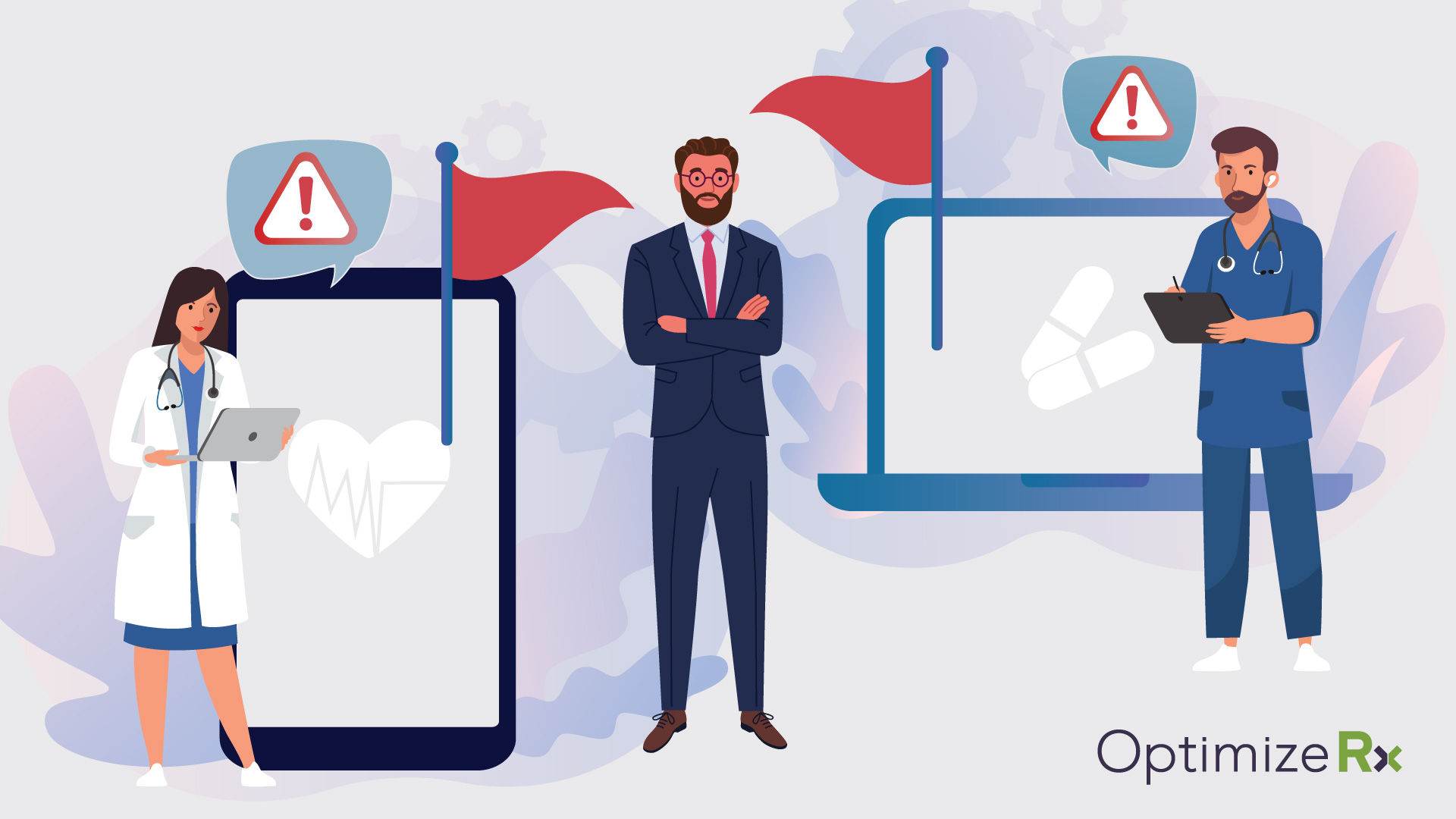
Are You Seeing These Red Flags in Your Pharma Marketing?
In the excitement that follows every new trend in pharmaceutical marketing, it’s easy to lose sight of the bedrock principles that drive impact and ROI. Here are four red...
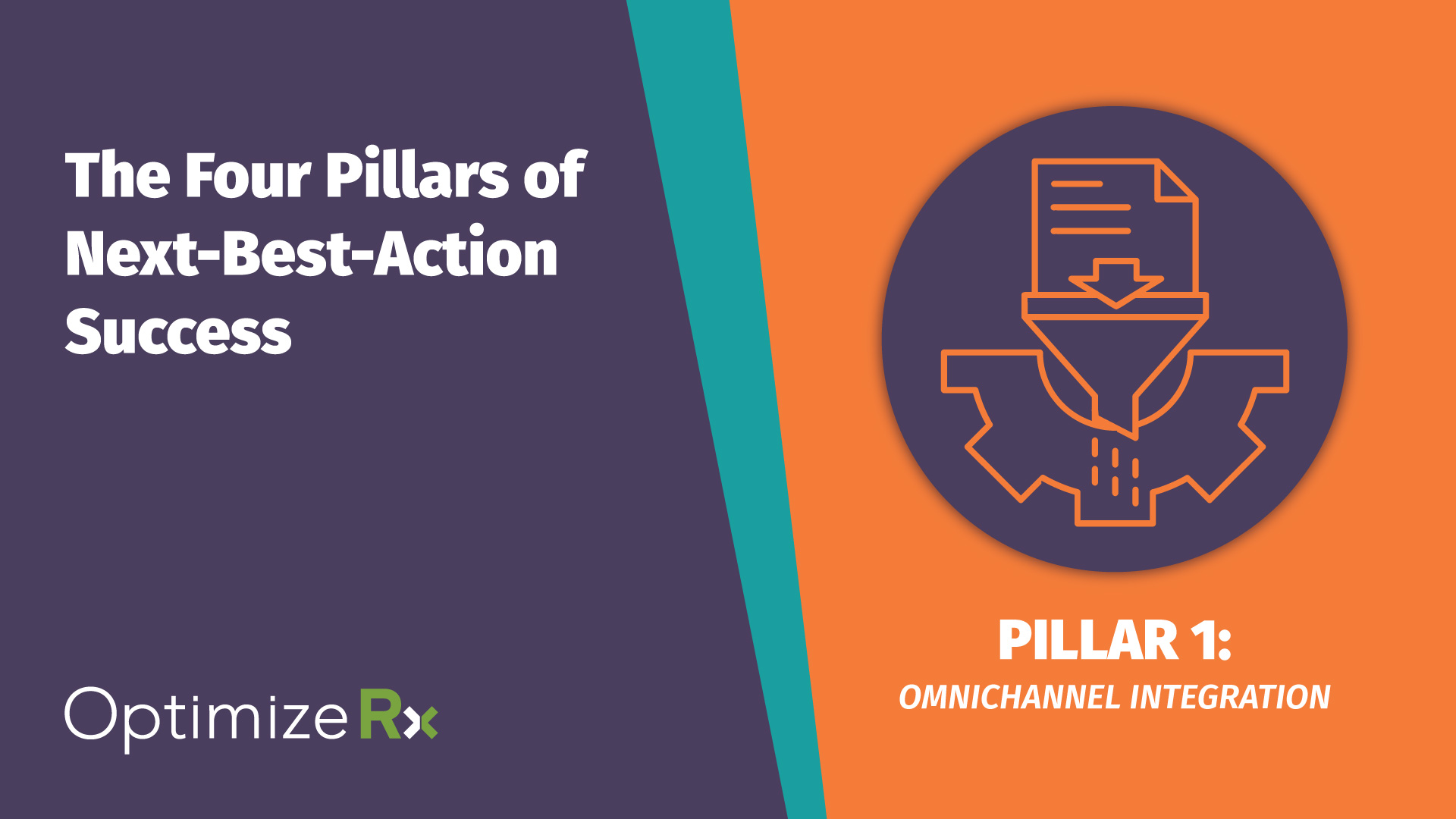
Four Pillars for Better Pharma Advertising: Omnichannel Integration
Next-best-action (NBA) marketing is the future of pharma advertising – capitalizing on today’s ample data resources and technology advancements to deliver more targeted,...
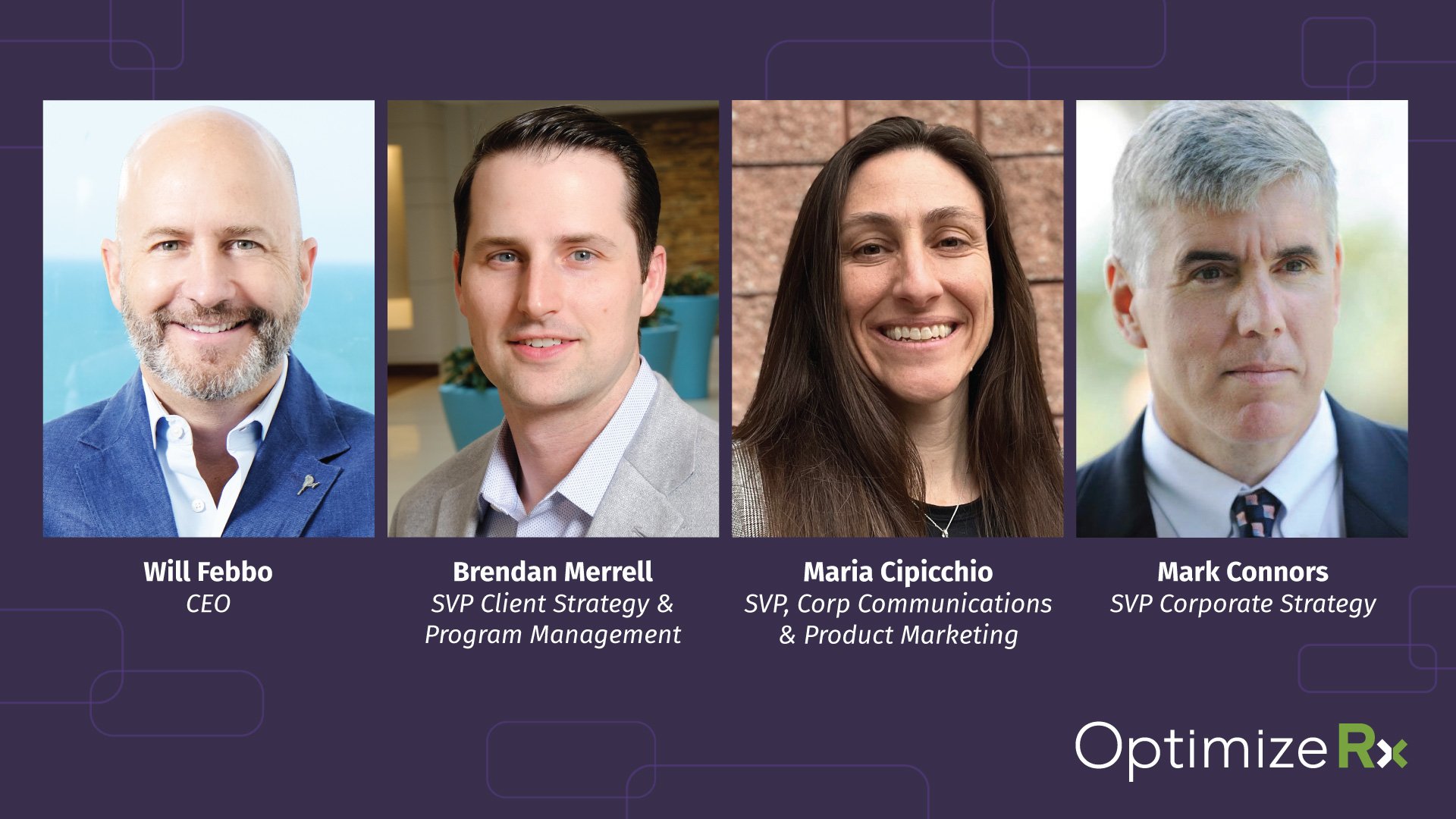
OptimizeRx Predictions: 2024 Pharma Marketing Trends
The past few years have been a whirlwind for pharma marketing. AI, real-world data, and omnichannel strategies have exploded, transforming how we reach doctors and patients....

3 Leadership Tips for Growth: OptimizeRx Insights from Colonel Robert Springer
In an exclusive opportunity, OptimizeRx CEO Will Febbo, recently had the privilege ofinterviewing retired Colonel Robert Springer, decorated Vietnam War pilot and astronaut...
